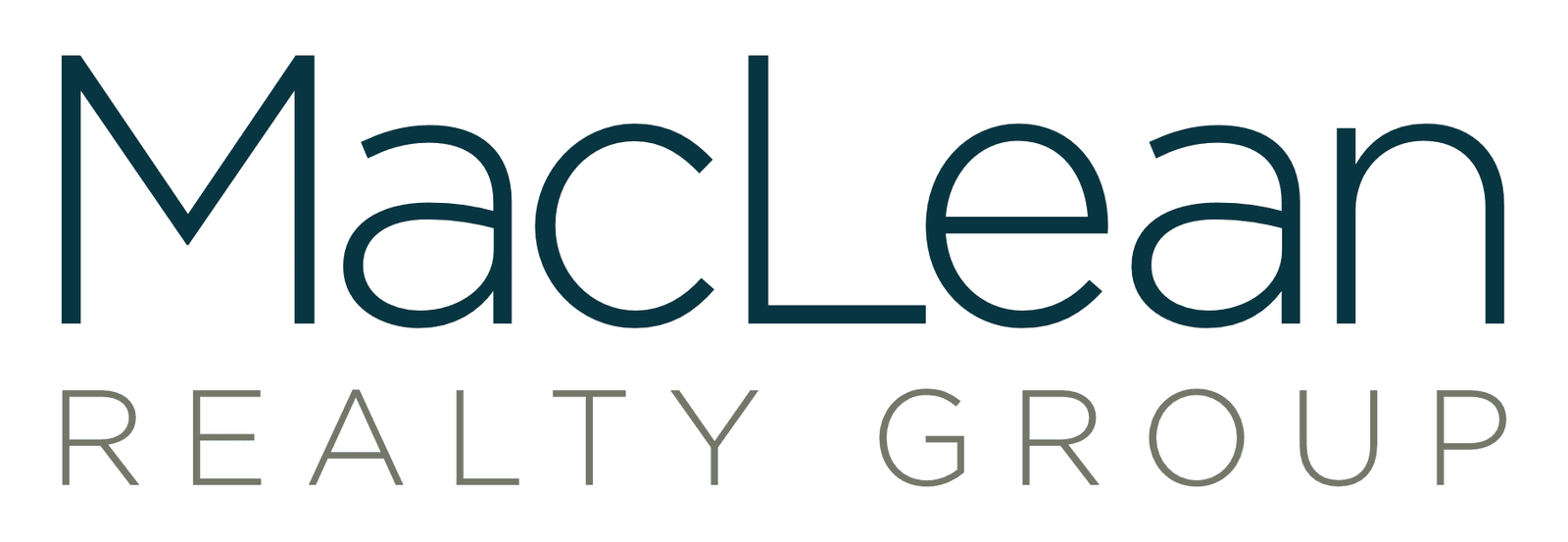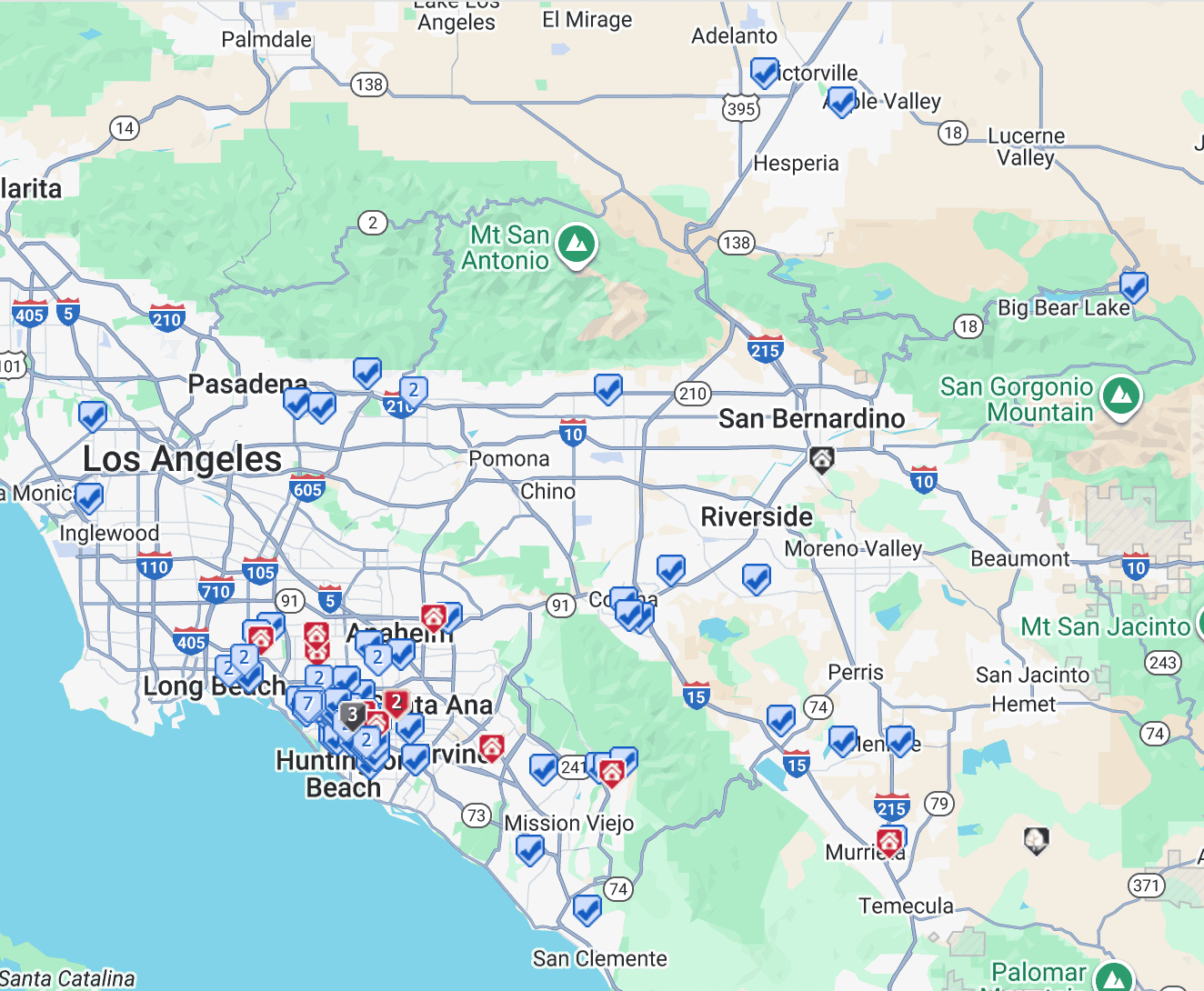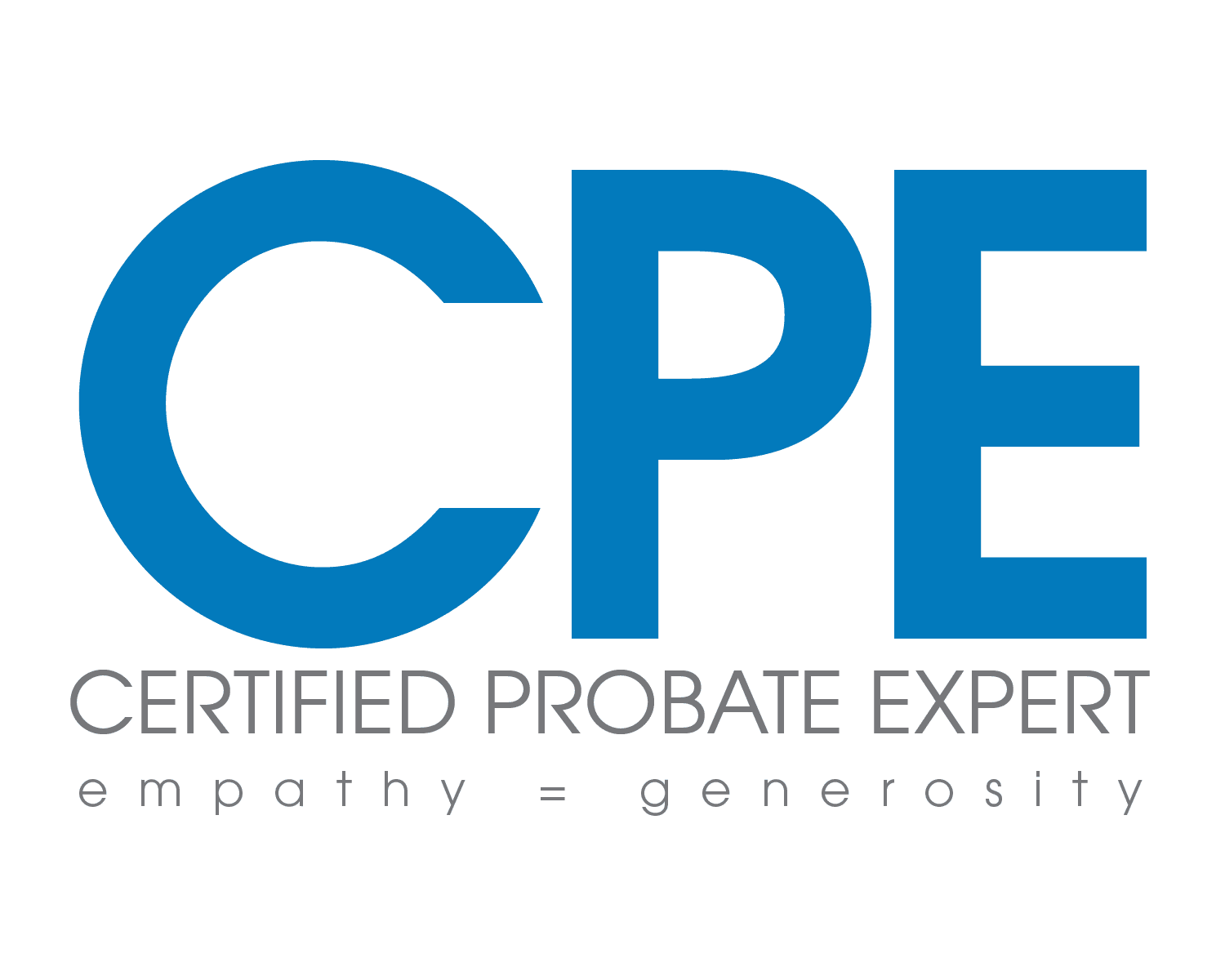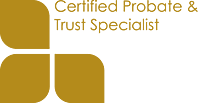Code of Ethics
Principles & Standards:
Integrity in personal and professional behaviors and practices
Practitioners shall:
- Disclose any conflicts of interest, including any financial interests in products or services that are recommended. Refrain from accepting gifts or services which potentially influence or which may give the appearance of influencing professional judgment.
- Comply with all applicable laws and regulations, including obtaining/maintaining a state license or certification if required by law.
- Maintain and appropriately use credentials.
- Respect intellectual property rights, including citation and recognition of the ideas and work of others, regardless of the medium (e.g. written, oral, electronic).
- Provide accurate and truthful information in all communications.
- Report inappropriate behavior or treatment of a customer/client by another practitioner or other professionals.
- Document, code, and bill to most accurately reflect the character and extent of delivered services.
- Respect the customer/client's autonomy. Safeguard customer/client confidentiality according to current regulations and laws.
- Implement appropriate measures to protect personal information by using appropriate techniques.
Competence and professional development in practice
Practitioners shall:
- Practice using an evidence-based approach within areas of competence, continuously develop and enhance expertise, and recognize limitations.
- Demonstrate in-depth knowledge of the probate process.
- Interpret, apply, participate in, and/or generate research to enhance practice, innovation, and discovery.
- Make evidence-based practice decisions, taking into account the unique values and circumstances of the customer/client and community, in combination with the practitioner’s expertise and judgment.
- Recognize and exercise professional judgment within the limits of individual qualifications and collaborate with others, seek counsel, and make referrals as appropriate.
- Act in a caring and respectful manner, mindful of individual differences and cultural & ethnic diversity.
- Practice within the limits of practitioners’ scope and collaborate with the inter professional team.
Professionalism
Practitioners shall:
- Participate in and contribute to decisions that affect the well-being of customers/clients and the community.
- Respect the values, rights, knowledge, and skills of colleagues and other professionals.
- Demonstrate respect, constructive dialogue, civility, and professionalism in all communications, including social media.
- Refrain from communicating false, fraudulent, deceptive, misleading, disparaging, or unfair statements or claims.
- Uphold professional boundaries and refrain from romantic relationships with any customers/clients.
- Refrain from verbal/physical/emotional/sexual harassment.
- Contribute to the advancement and competence of others, including colleagues, customers, clients, and the public.
Objectivity
Practitioners shall:
- Maintain fairness, impartiality, and intellectual honesty.
- Must not allow prejudice or bias, conflict of interest, or influence of others to override objectivity.
- When practitioner has a conflict of interest, the practitioner must disclose the conflict to those involved.
4.Inform customers/clients of the nature of any business connections, interests, or affiliates which could be viewed as affecting the practiopners judgment or impairing the objective quality of their services.







